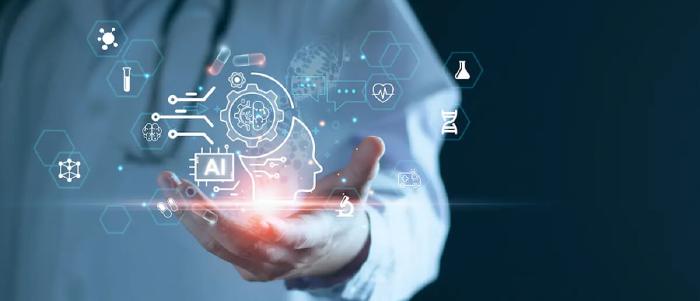
December 9 2023
8 min read
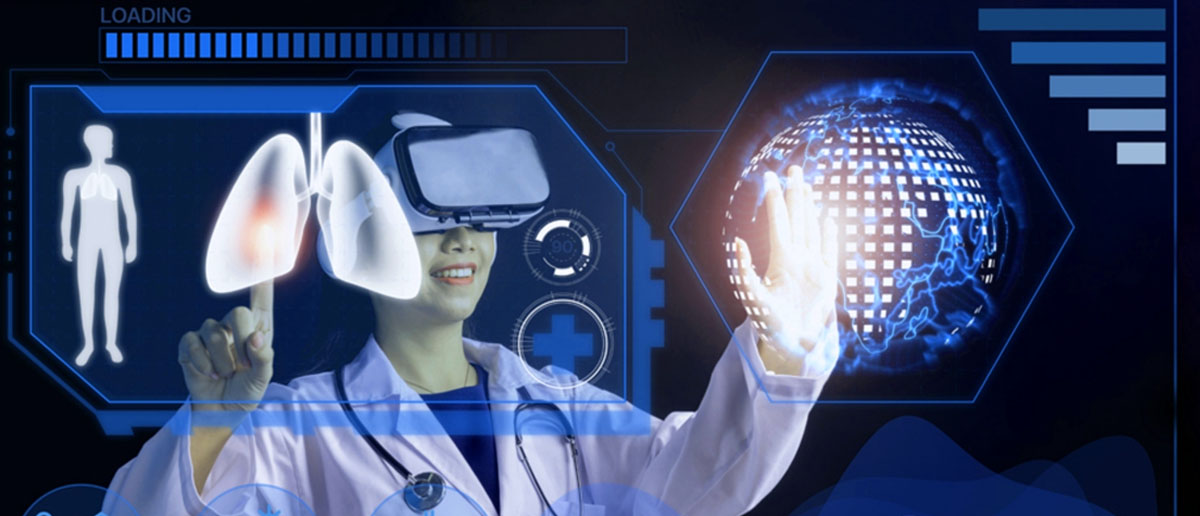
Nov
Artificial Intelligence, or AI, is like a smart helper in the world of medicine. It’s not about robots taking over; it’s about using computers to do things that normally need human intelligence. This can include solving problems, making decisions, and even understanding human speech. In healthcare, AI is becoming more and more important. It helps doctors and nurses do their jobs better and makes treatments more effective for patients.
AI in healthcare means using computer programs and technology to improve how we look after people’s health. It’s like having a super-smart assistant that can analyze lots of information quickly, recognize patterns, and suggest the best ways to treat patients. This technology is growing fast and is starting to change the way doctors and hospitals work.
Several AI technologies are making a big difference in healthcare:
Machine Learning: This is when computers learn from lots of data without being directly programmed. They can find patterns and make predictions, like identifying a disease from a patient’s symptoms.
Natural Language Processing (NLP): This helps computers understand and respond to human language. It’s used in tools like chatbots that can talk to patients and help with their questions.
Robotics: These are machines designed to help with surgeries or to handle repetitive tasks in hospitals, like delivering medicine.
Each of these technologies has its own special role in healthcare. They work together to make hospitals smarter, help doctors diagnose diseases more accurately, and give patients better care.
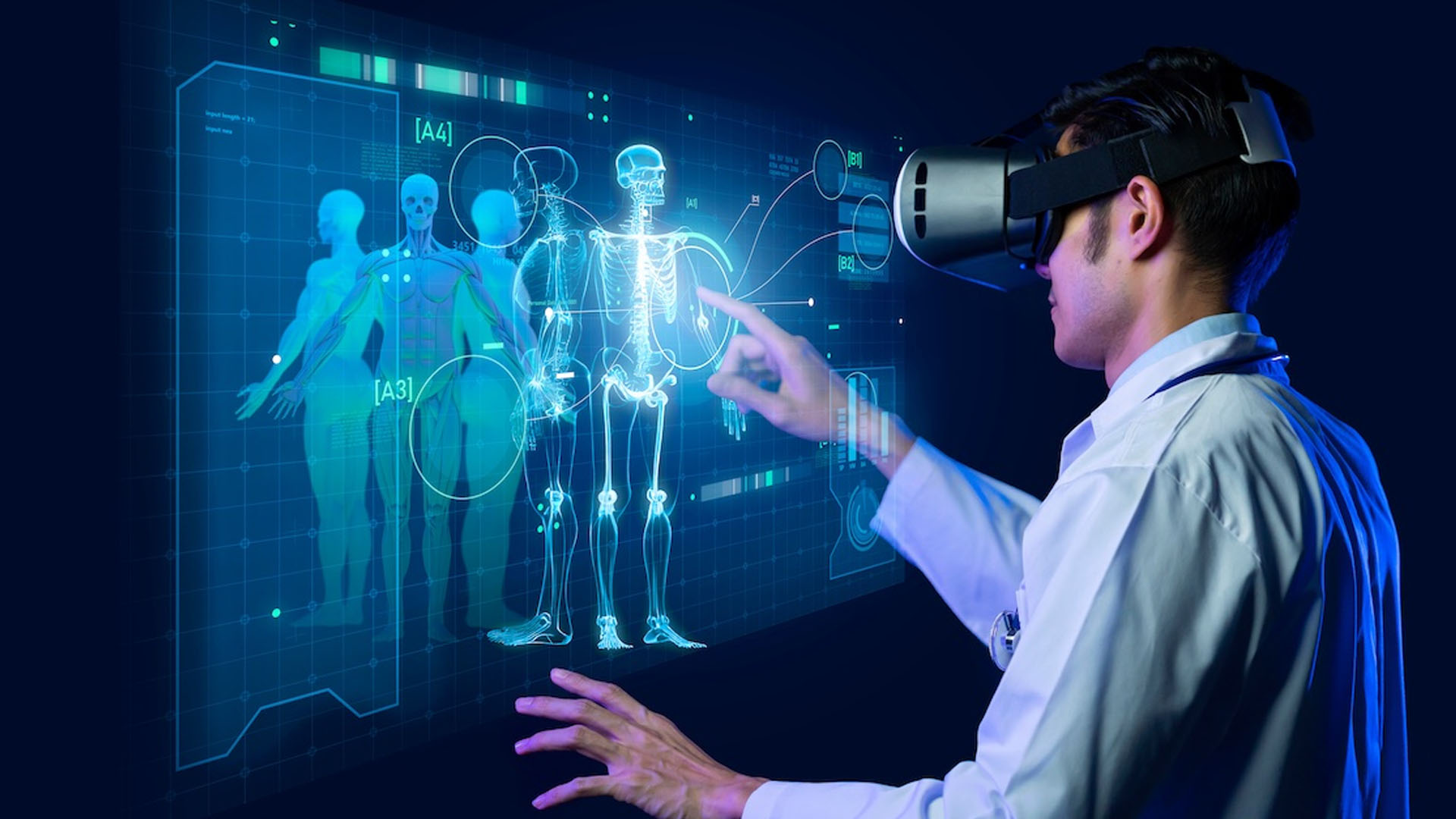
AI is changing the way doctors find and diagnose diseases. It’s like having a detective that can spot clues in medical tests and images that humans might miss. For example, AI can look at X-rays or scans and quickly find signs of diseases like cancer or heart problems. This is super helpful because it means diseases can be caught early when they’re easier to treat.
AI systems are trained with lots of data, like thousands of images of lung scans. They learn to notice tiny details that could be signs of illness. This helps doctors make better decisions and give the right treatments.
In radiology, AI helps read and interpret medical images like X-rays, CT scans, and MRIs. It’s like having an extra pair of eyes that never get tired and can spot things humans might overlook. This not only makes diagnoses more accurate but also faster, which is crucial in emergencies.
In pathology, AI assists in examining tissue samples to detect diseases like cancer. It can analyze patterns in cells and tissues, helping pathologists make more accurate diagnoses. This is important because the right diagnosis is the first step to getting the right treatment.
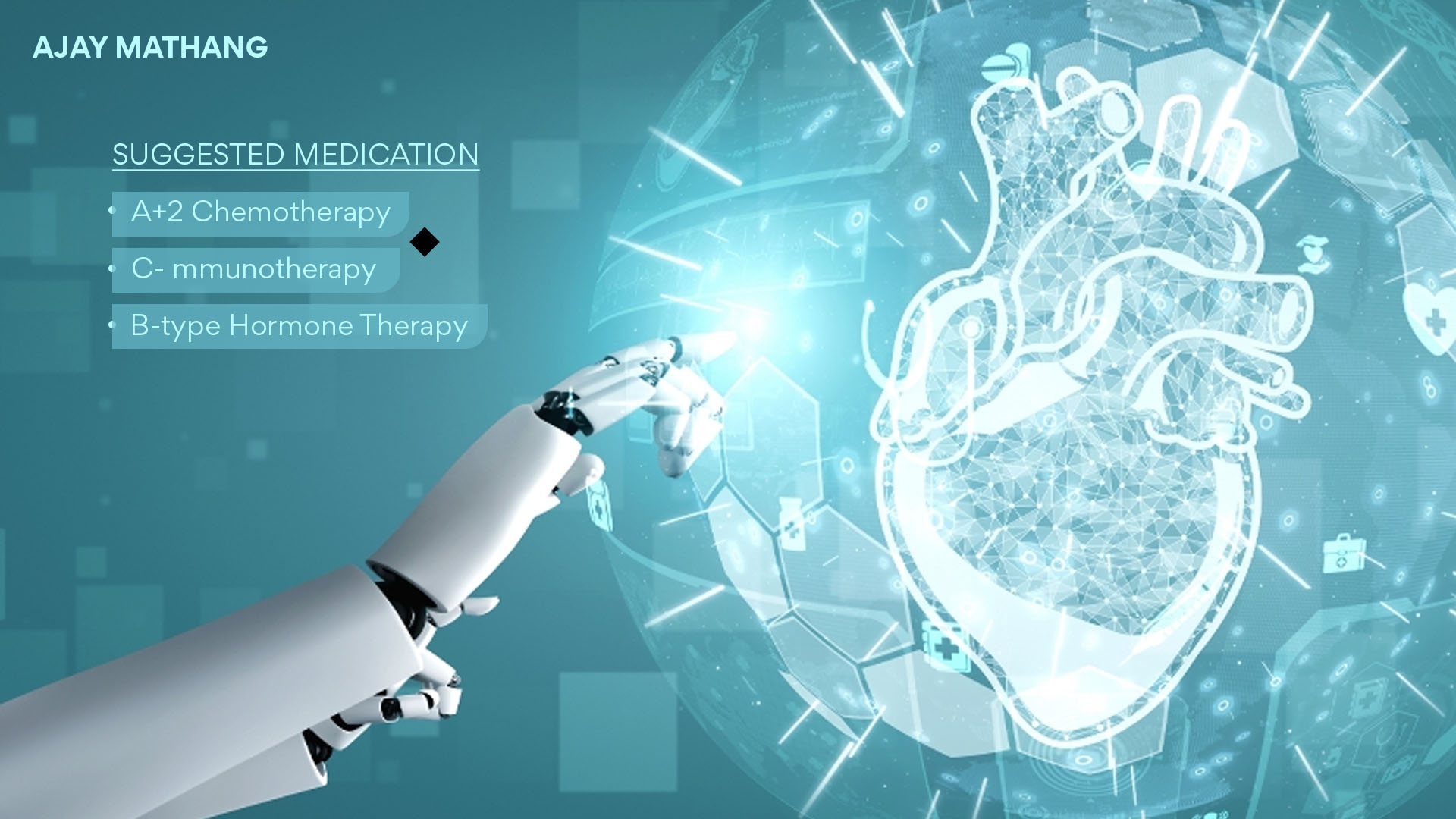
AI is not just about diagnosing diseases; it’s also about providing care that’s specially tailored for each patient. Imagine a tool that can suggest the best treatment by looking at a patient’s unique health history, current condition, and even their genetic information. That’s what AI can do. It analyzes a lot of data to help doctors decide which treatment will work best for a particular patient.
This personalized approach is especially important in conditions like cancer, where every patient’s situation can be very different. AI helps in understanding these differences and in planning treatments that are more likely to be effective for each individual.
Managing chronic diseases like diabetes or heart conditions can be challenging, but AI is making it easier. It’s like having a personal health assistant that’s always there to help. AI systems can track important health information, like blood sugar levels for diabetics or blood pressure for those with heart issues. This tracking is done through wearable devices or smart health monitors.
What’s really helpful is how AI uses this data. It looks at the information over time and can spot trends or changes. For example, if a diabetic patient’s blood sugar levels are starting to rise, AI can alert them and their doctor. This means they can take action quickly, like adjusting their diet or medication.
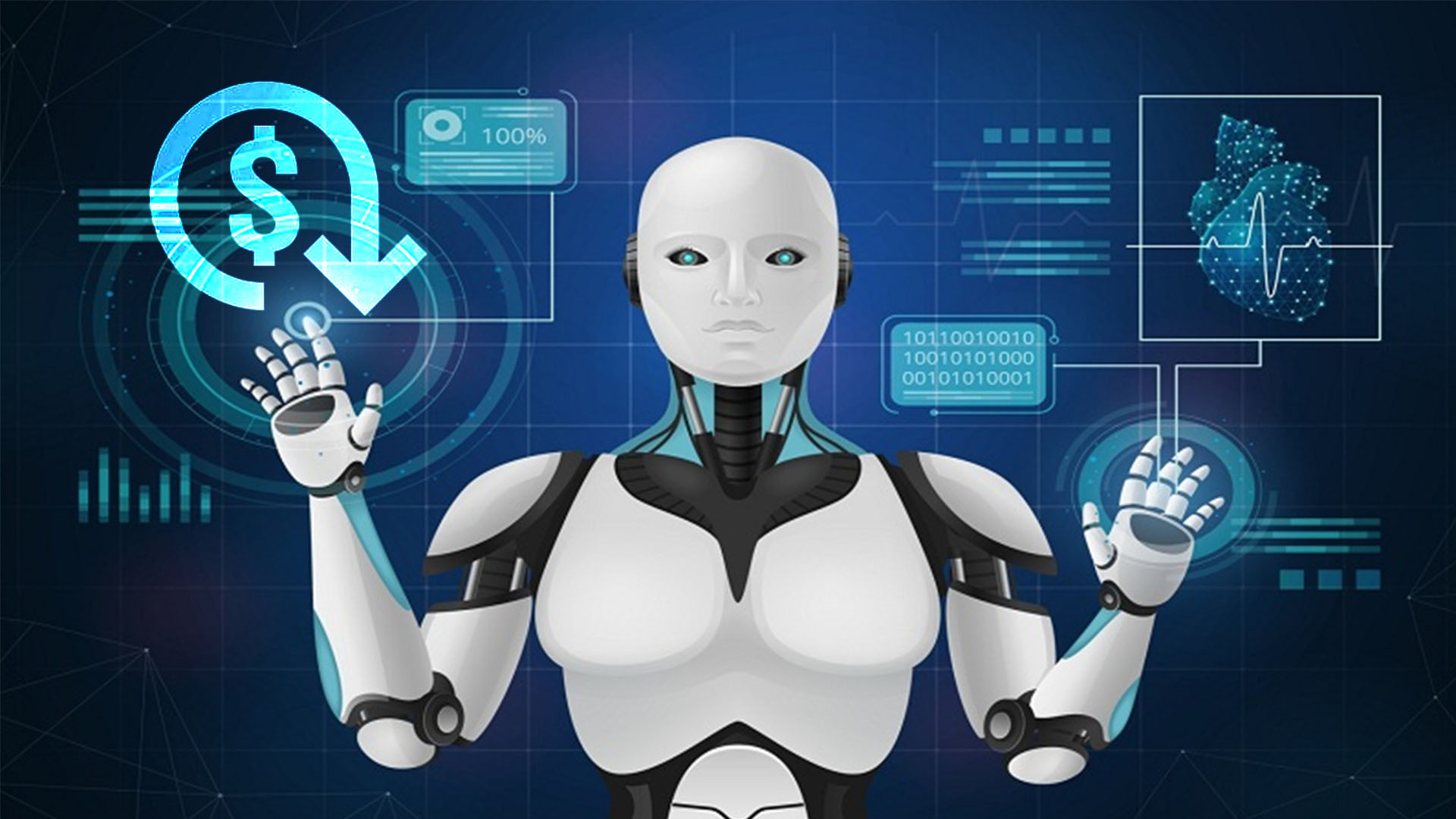
AI is a big help in making hospital and clinic operations run smoother. It can handle tasks like scheduling appointments, managing patient records, and even answering common questions. This means doctors and nurses can spend more time with patients instead of paperwork. It’s not just about saving time; it’s also about making healthcare more organized and less stressful for everyone.
In healthcare, it’s important to use resources like time, equipment, and medicine wisely. AI helps with this by analyzing data to make sure everything is used in the best way possible. For example, it can predict when hospitals will be busy and make sure there are enough staff and beds available. This kind of planning helps hospitals provide better care and avoid waste.
One of the big benefits of AI is how it can help reduce healthcare costs. By making processes more efficient and helping to prevent diseases or catch them early, AI can save a lot of money. For patients, this could mean lower healthcare bills and better access to treatments. For hospitals and clinics, it means being able to offer high-quality care without overspending.
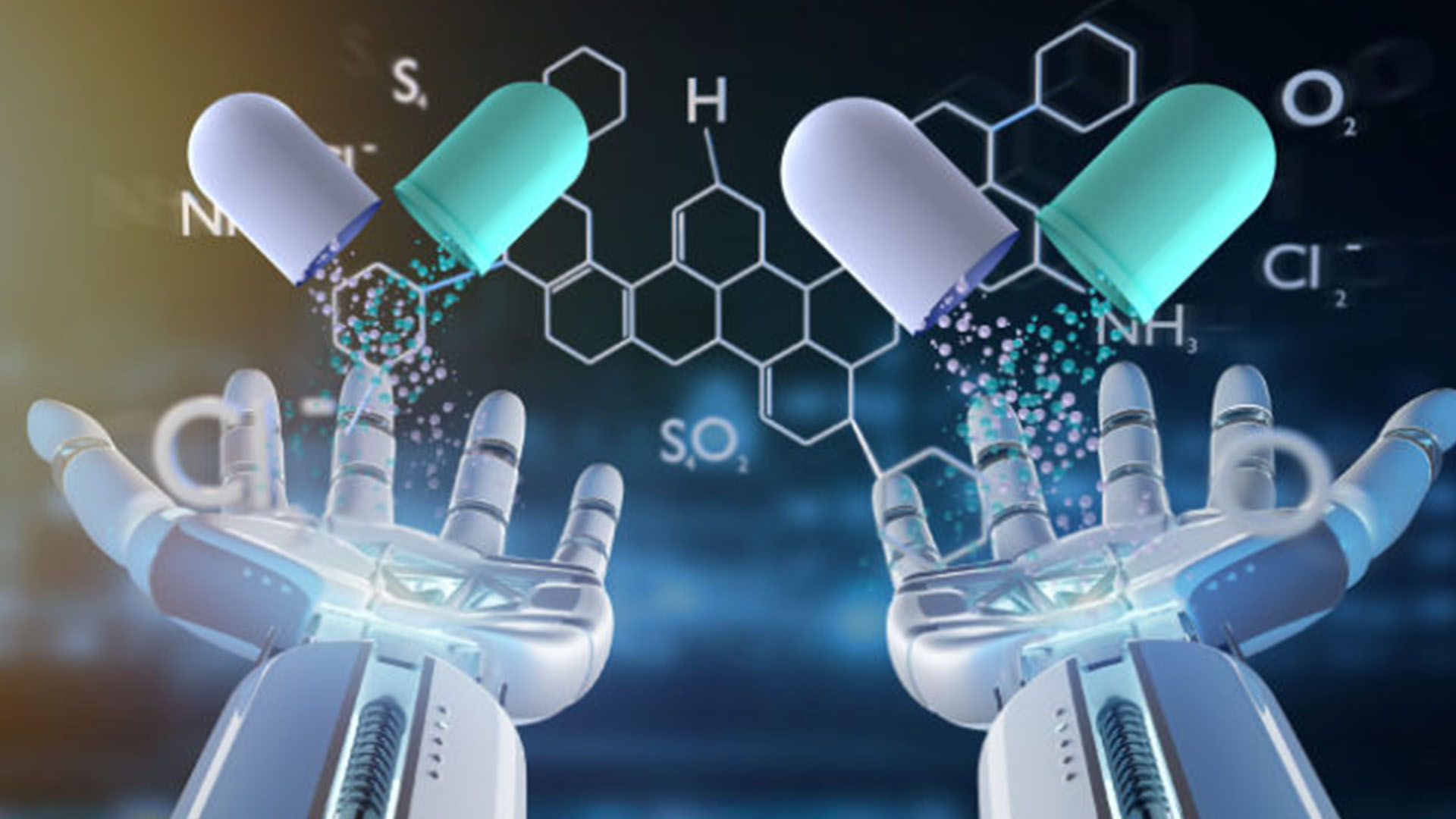
AI is like a powerful engine driving faster and more efficient drug discovery. It can analyze huge amounts of scientific data in a short time, helping researchers identify potential new drugs much quicker than traditional methods. AI algorithms can predict how different drugs might work on various diseases, speeding up the process of finding effective treatments.
Clinical trials are essential for testing new treatments, and AI is making them more efficient. By analyzing patient data, AI can help identify the best candidates for trials, ensuring that the trials are more targeted and effective. It can also monitor trial results in real time, quickly highlighting any potential issues or successes.
Predictive analytics is another area where AI shines in healthcare. It involves using data to predict trends and outcomes. In pharmaceutical research, AI can predict how diseases will progress and how patients might respond to treatments. This not only speeds up research but also leads to more personalized medicine, where treatments are tailored to individual patients.
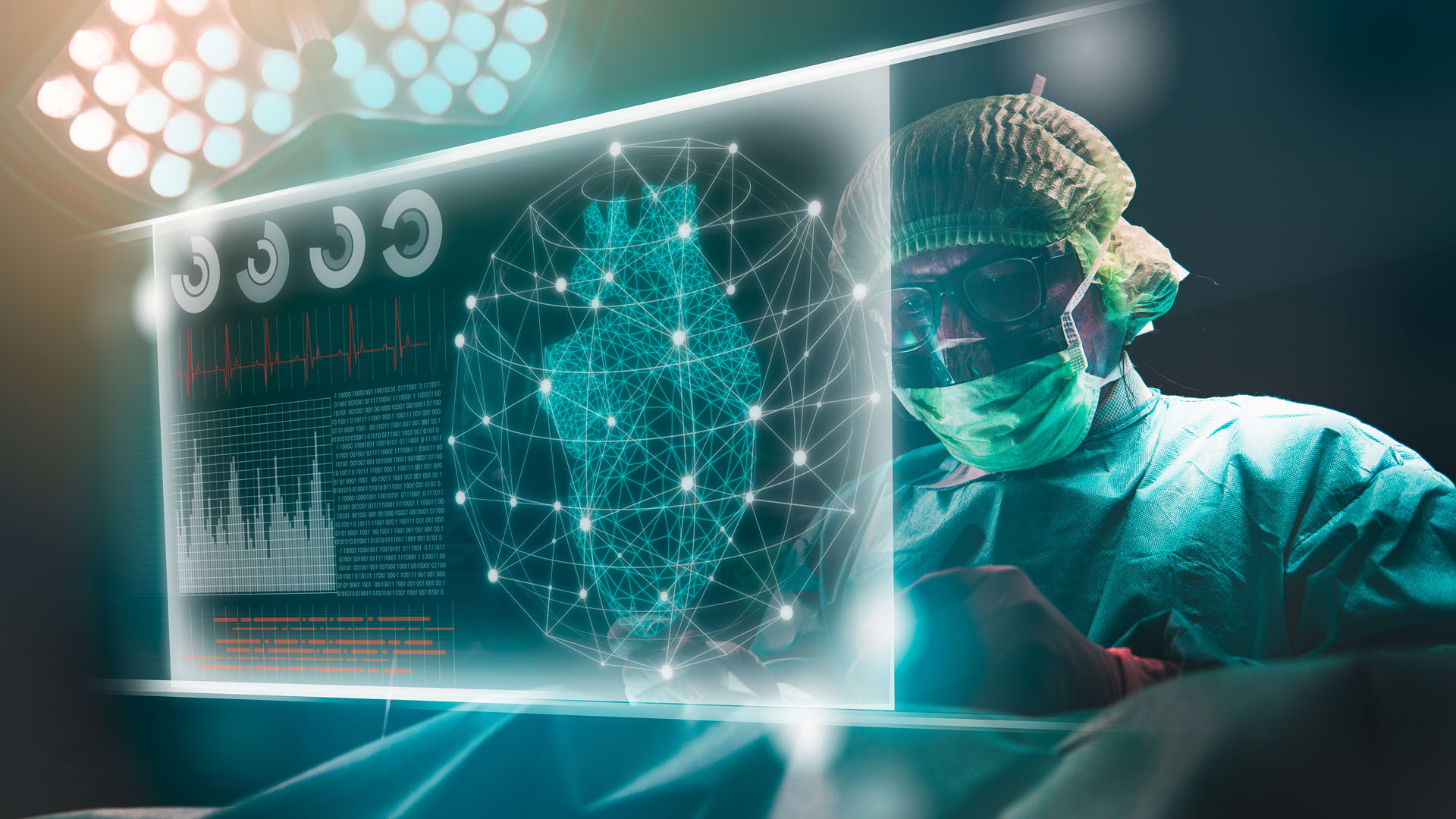
Robotic surgery, enhanced by AI, is a major breakthrough in medical science. These robots, guided by AI, assist surgeons in performing complex procedures with high precision. The AI provides real-time data, which helps in making accurate movements, reducing the chances of error. This technology is not replacing surgeons but is helping them to perform at their best.
Check out the video below to find out that with robotic assistance, a dental implant typically involves a three to four-month procedure done in a day.
AI’s role in surgery is all about precision and improved outcomes. With AI’s help, surgeries are becoming less invasive, which means less pain and quicker recovery for patients. AI algorithms analyze past surgical data to assist in planning and executing surgeries, leading to better results and fewer complications.
One of the most exciting developments in AI-assisted surgery is the potential for remote operations. This means surgeons could operate on patients who are in different locations, even far away. AI plays a crucial role in this by ensuring precision and control over long distances. This could be life-changing, especially for people in remote areas or in situations where specialist surgeons are not available locally.
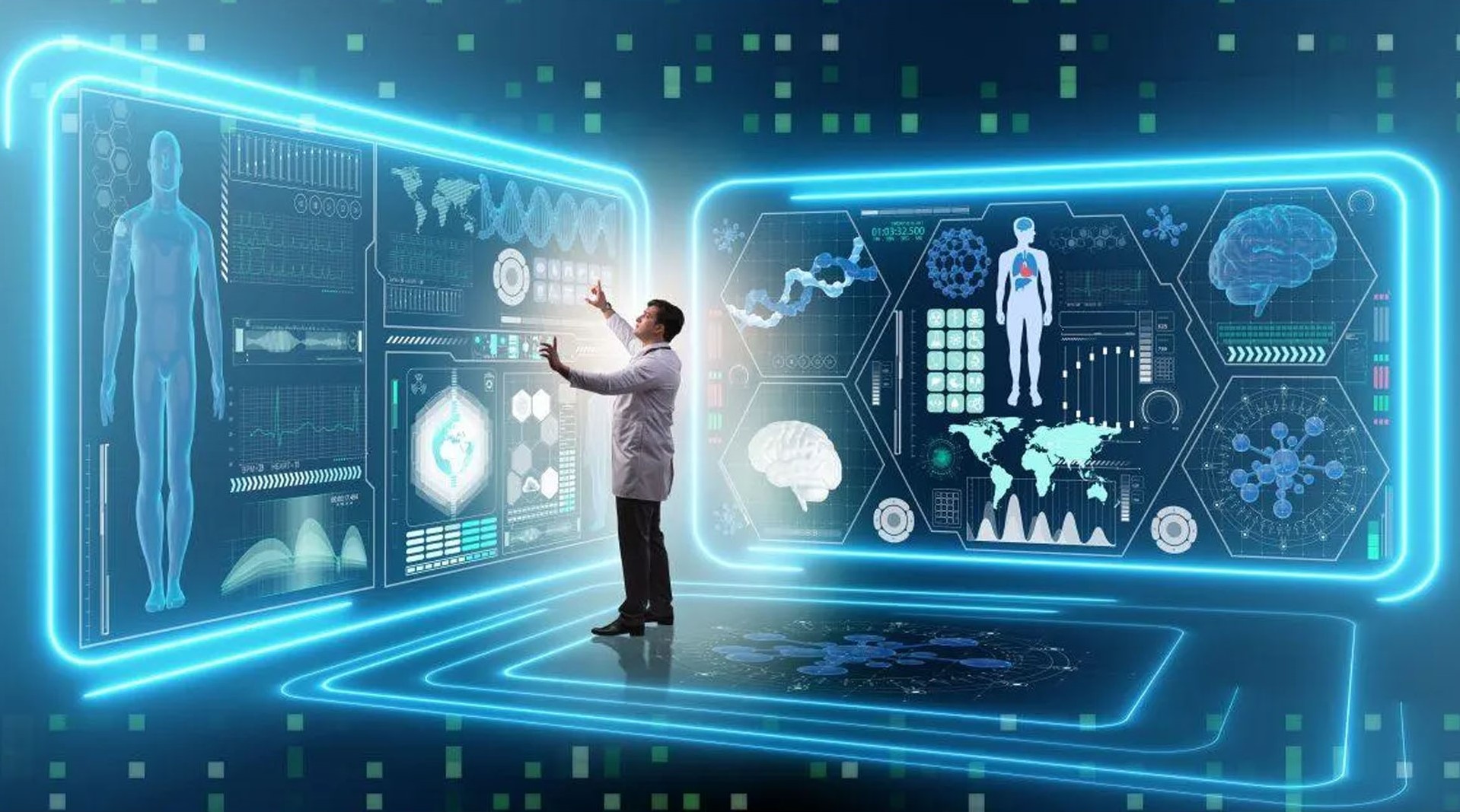
Healthcare generates vast amounts of data, and AI is key in managing this effectively. AI systems can process and analyze this data, turning it into useful insights for patient care, hospital management, and medical research. This helps in making informed decisions and improving healthcare services.
AI excels in predictive analytics, which involves using data to forecast future health trends and outcomes. This can range from predicting disease outbreaks to individual patient health risks. Such predictions are invaluable for preventive healthcare, allowing for early interventions and better health planning.
With the increasing use of digital health records, data security and privacy are more important than ever. AI plays a crucial role in safeguarding patient data. It can detect and prevent security breaches, ensuring that sensitive health information remains confidential and secure.
When we look at everything we’ve talked about, it’s clear that AI is doing a lot of good in healthcare. It’s helping doctors diagnose diseases better and faster, making treatments more personal, and even making hospitals run smoother. These are big changes that make healthcare better for everyone.
The benefits of AI in healthcare are not just about using cool technology. They’re about making sure people get the right care when they need it. AI helps doctors understand health problems better and find the best ways to treat them. It also makes it easier for patients to get care, even if they live far away from big hospitals.
In the future, AI is going to do even more in healthcare. It will keep helping doctors, nurses, and patients in new and better ways. We’re just starting to see how much AI can do, and there’s a lot more to come. It’s an exciting time for healthcare, and AI is a big reason why.

December 9 2023
8 min read

December 4 2023
8 min read
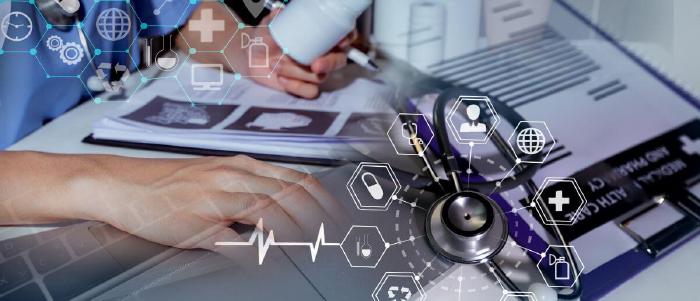
November 30 2023
8 min read
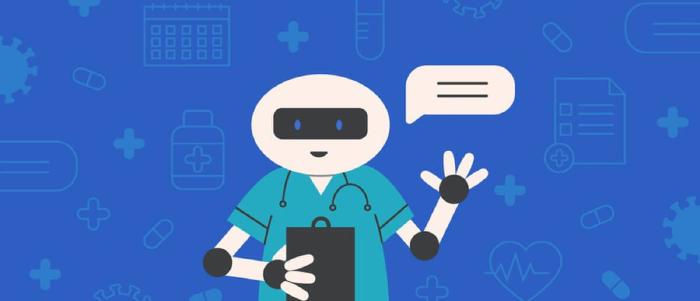
November 22 2023
8 min read